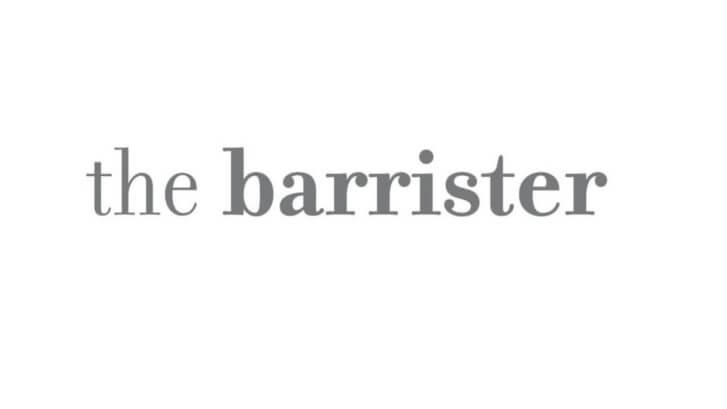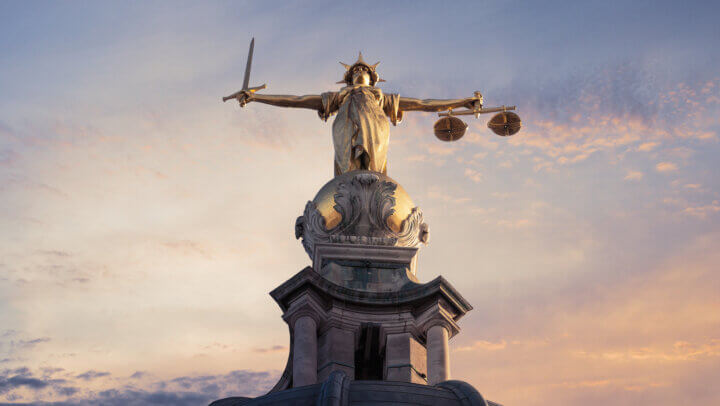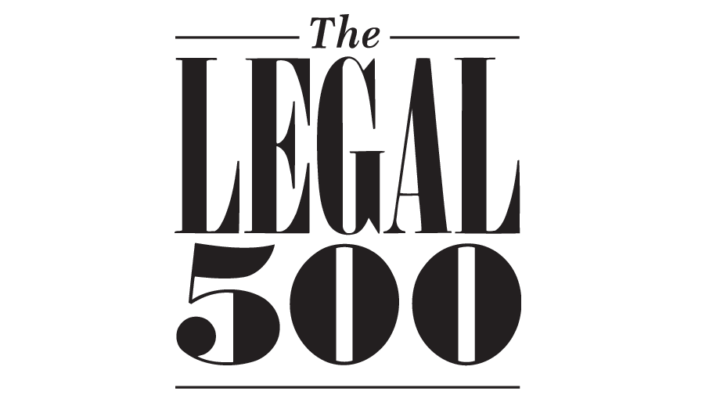BCL associate David Hardstaff‘s article ‘Protecting the protectors: Calls for emergency legislation to prevent the prosecution of healthcare professionals when treating COVID-19 patients’ has been published by The Barrister Magazine.
Here’s an extract from the article:
“Healthcare organisations have written to the Secretary of State for Health and Social Care, pushing for the introduction of emergency legislation to protect healthcare professionals who could find themselves at risk of ‘inappropriate legal challenge when treating COVID-19 patients in circumstances beyond their control.’
The letter, which is co-ordinated by the Medical Protection Society and signed by organisations including the Medical Protection Society, the British Medical Association, the Royal College of Surgeons of Edinburgh, and the Doctors’ Association, cites the Prime Minister’s warning in November 2020 that if the NHS is overwhelmed, the country could face a ‘medical and moral disaster’ where doctors and nurses could ‘be forced to choose which patients to treat, who would live and who would die.’
As we enter the deadliest phase of the pandemic, few would argue that the prospect of the NHS finding itself overwhelmed is anything but likely, if not inevitable. It is against this backdrop that a significant proportion of doctors, 61% of 2,400 surveyed between 8-12 January 2021, have expressed concerns about facing an investigation as a result of a clinical decision made while working in extremely challenging, high-pressure environments. 36% of those surveyed specifically said they are concerned about the prospect of an investigation following a decision to withdraw or withhold life prolonging treatment due to capacity and resource constraints during the pandemic.
The letter refers to existing guidance on whether to administer or withdraw treatment, pointing out that this guidance does not provide legal protection and does not consider additional factors created by a public health emergency, such as COVID-19. It states, ‘We do not believe it is right that healthcare professionals should suffer from the moral injury and long-term psychological damage that could result from having to make decisions on how limited resources are allocated, while at the same time being left vulnerable to the risk of prosecution for unlawful killing.’
It is suggested that the emergency legislation proposed should only provide protection where healthcare professionals have acted in good faith; it should be temporary only; and, it should apply retrospectively, from the start of the pandemic. Any emergency legislation would not, the letter clarifies, apply to ‘wilful or intentional criminal harm or reckless misconduct’.
The concept of ‘intentional criminal harm’ is fairly unambiguous and clearly it is not being suggested that doctors should have complete immunity from criminal liability. However, ‘reckless misconduct’, as referred to in the letter, is less clear as a concept. The letter does not specify what offences should not be prosecuted. The most obvious offence likely to be of concern is gross negligence manslaughter. The offence is committed where a death is a result of a grossly negligent (though otherwise lawful) act or omission on the part of the defendant. In order to prove the offence, the prosecution must establish the following elements:
- The defendant owed a duty of care to the deceased;
- By a negligent act or omission the defendant was in breach of the duty which he owed to the deceased;
- The negligent act or omission was a cause of the death; and
- The negligence, which was a cause of the death, amounts to gross negligence and is therefore a crime.”
You can read the full article in The Barrister Magazine here via pdf.




